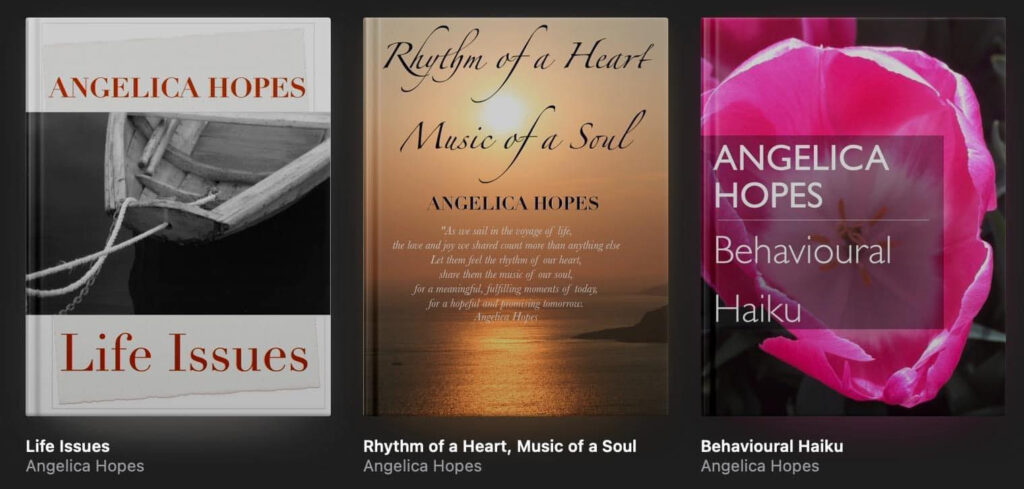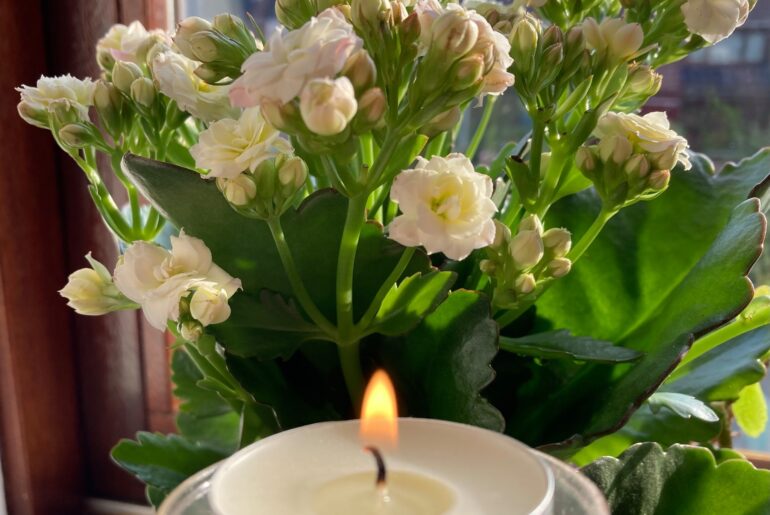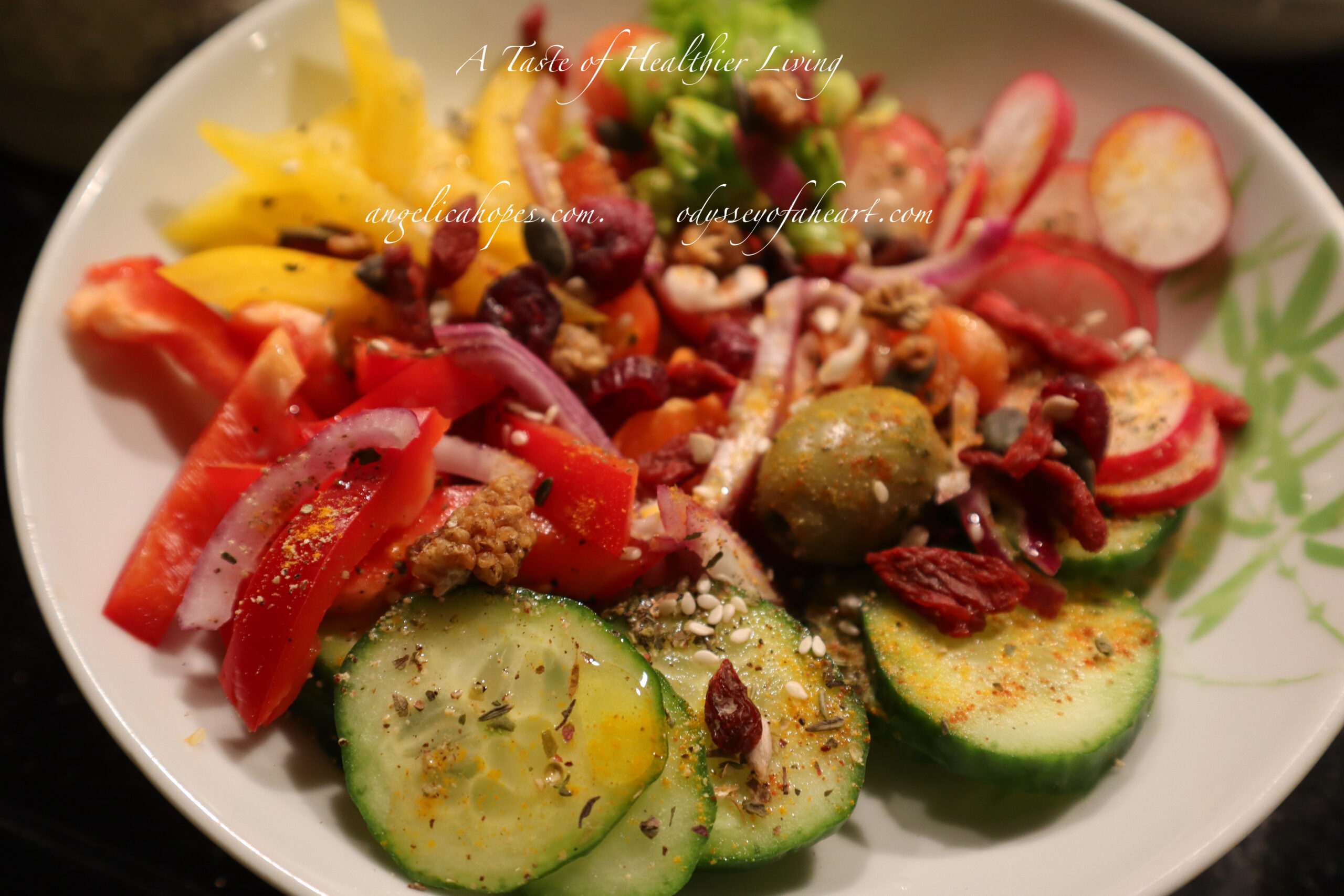
Respect, compassion and empathy are vital keys for a heart, mind and soul to beat without discrimination.
What does discrimination serve?
How can a sensitive heart cope?
Finding solitude in a jungle of discriminating situations is an oasis of peaceful solace as I focused only on my top priorities: my growing children, work, and family, reaching out through inspiration and projects coming to fruition.
Despite the painful effects of discrimination, my wisdom is enriched for a broader horizon and wiser disposition in life by observing offenders’ ill attitudes fairly and keenly.
My sharper wit is my untouchable veil against the pricking thorns of racism. My wisdom and serenity serve as impenetrable shields against the slashing swords of discrimination, a bitter pill we swallow as migrants.
In the last twenty years, while living in Europe, I have grown to deal with an unfair share of various discriminations slamming painfully on my age, size, race, religion, working compensation, origin, sex and civil status. However, I’m still confident and firm as I stand to express that unjust offences are unacceptable; as a Filipino, not losing my identity, respect and dignity.
When my daughters got sick for two weeks, I was deprived of sleep and forgot to bring a document to the kindergarten class.
Across the street, the Swiss Italian kindergarten teacher screamed at me in Italian,
“Hey, marroncina! Che memoria che hai? Ho sentito che tante donne dal tuo paese sono al prostituzione. Così hai pescato il tuo marito svizzero?”
Which meant: “Hey, brownie! What kind of memory do you have? I heard that many women in your country are in prostitution. Is that how you fished out your Swiss husband?”
Other mothers waited for my reaction as I held my burning, unshed tears gathering heavily in my eyes and replied calmly in Italian, “Can I fix an appointment with you so we can talk about my country?”
The racist, ignorant Swiss Italian teacher who does not speak English was quite impressed with how I fluently talked in the Italian language without any foreign accent. I told her that her overt, hostile statement was offensive based on her minimal knowledge of the Philippines regarding prostitution, poverty and corruption, as shown in Swiss Italian channels. I gained her respect after explaining, at great length, about the Philippine history with a travel book and informing her significantly how we value our education, family, solid spiritual foundation and concern for our compatriots.
The worst prolonged discrimination I suffered was being treated as a substandard being, a female, treated like “nothing” by my former ex-Swiss Italian husband. For him, a woman’s role is to obey the man, obey him, serve him, and stay home; as a religious woman taking the vows of matrimony seriously, submitting myself for seven years doormat of his chauvinistic, selfish, dictatorial manipulation, his continuous, daily, verbal, degradation and emotional, financial, and psychological abuse in a function of a dutiful wife and a dedicated full-time mother but treated like a slave.
It was an excellent aviation job and divorce that freed me from that chain of continuous domestic, discriminating abuse.
Travelling and writing healed my past wounds as I regained my lost self-confidence. When you have strong self-esteem, you can face any form of discrimination with a dignified mind, calm heart and wise spirit.
In one of my literary trips, an elite American lady told me, “Don’t you know that only poor people take Greyhound bus?”
Offended but defensive, I frankly and coldly told her, “You can say next time that a poor, naturalised, Swiss Asian struggling mother working at Citation X jet flew from Europe to ride a Greyhound bus. I don’t have to be married to a rich German to tour Europe like you, but with my savings, I take the train to visit historical European sites and fly across the Atlantic to hone my writing craft. It’s okay to be poor as I take this Greyhound bus. Remember, life is like a wheel: not all poor will remain poor, and not all poor are actually poor, inside and out.”
As I stepped onto the Greyhound bus, I realised how racist that American lady was because all of the other passengers were of African descent. I was the only Asian but felt safe and confident and befriended some passengers.
As a divorcee, many destructive whispers outburst from judgmental hearts, like an Italian woman scolded me in a shop:
“Stay away from my son! You’re a divorced woman with baggage, too young and small to be a mother! You married a Swiss to have a better life. You come from a Third World country just looking for someone to lean on.”
At that time, I was not dating anyone; it dawned on me that her son was the young, respectable man of thirty who sent me flowers. I was seething with controlled anger as she ranted, reeking of racial sneer.
“If you wish to talk to me, do so without prejudice.” I matched her tone but in a respectable way. I spoke in perfect, fluent Italian as I continued, “What is it in a Third World country that you think you are in the First World with how you behave? I married because of love but was treated like a slave. My daughters are not baggage; they are my life. I’m not interested in your son!”
While working in a law firm, I endured daily insults from an Italian lawyer, such as: “Didn’t you consider how lucky you are working for us and not as a maid like your compatriots in Italy? Or, are you much better at cleaning toilets than working on my court cases?”
Calmly, I replied, “To match your provocations with anger will only cause disaster. Most of my compatriots are degree holders, too. It’s the system that does not give them much better job opportunities because the company saves money on lower salaries by giving the lowly jobs to the migrants.”
Punches of discrimination spread by my friend who bitched around as if I were a collector of nationalities since I had German, French, Italian, Swiss, Dutch, Finnish, and American suitors after my divorce.
“She became like a European, so modern, so precise and too independent. Maybe she is collecting passports; that’s why she dated them?”
Either I took it as a complement to having qualities of a European or as an insult, for she maliciously defined suitors as equivalent to lovers. With her tirade, friends avoided me like a plague. Some crab mentality-minded, envious, judgmental gossip mongers, polemics mongers, and backstabber Filipino compatriots see a divorcee as an immoral, detrimental way of life. I became detached, avoiding them for my peace of mind.
A single, struggling, divorced parent is a hot sip of gossip of discriminating blabbermouths. I didn’t care anymore because I built an impenetrable wall against insensitive, moral hypocrites.
Once coming out from the church, a lady exclaimed at me: “You left your husband! You’re doomed for life! You still go to church?”
Ironically, I told her, “Did the church issue a ban not to let divorcee enter the church? Did you see me melt to ashes when I knelt down to pray? Or do you want to check my ticket to heaven or hell?”
When you feel the punches of discrimination from irritating unavoidable situations in any sector dealing with judgmental, xenophobe, fake Puritans and moral bigots, would you be passive, or would you prefer to voice out that such maltreatment is unacceptable, as you have the right to do so.
It is wise to reply and act diplomatically with self-respect and dignity intact. You have a right against any form of discrimination and racism.
Learn to speak fluently the foreign language of your new resident country; knowing their history, culture and social mores is your effective broom of confidence, flexibly sweeping off any discrimination.
Don’t let any discriminating incident push your self-esteem down. Lengthen your patience, broaden your insights, and weigh the degree of the offender’s circumstance, character and attitude as you flexibly handle any discrimination with wit, philosophical humour, dignity, finesse, wisdom and respect.
© 2013 Ana Angelica Abaya van Doorn
I wrote Dealing with Discrimination and Solitude in Abroad on April 2013.
Note: An edited version of this piece was syndicated by ABS CBN on June 2013 and was printed also on the maiden issue of The Filipino Expat Magazine, May 2013.
LIFE ISSUES is available on Apple Books.





Comments are closed.